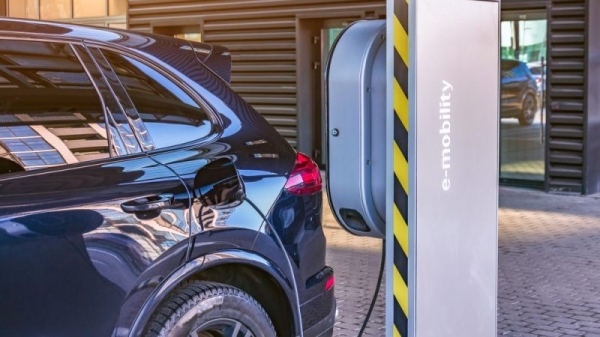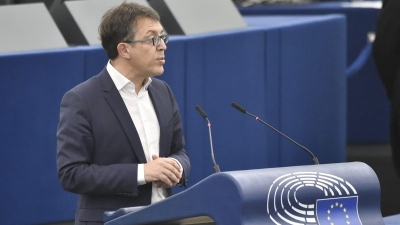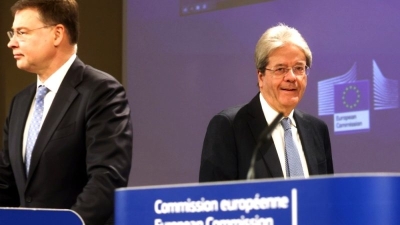Slovenia passes law to accelerate e-mobility

The Slovenian parliament passed a law providing opportunities for significant expansion of infrastructure for alternative fuels and faster uptake of electric vehicles.
Described by the government as a keystone green transition act, the legislation introduces a dense publicly accessible network of refuelling and supply infrastructure for alternative fuels in transport.
While hydrogen and other types of alternative fuels are mentioned, the focus is on electric mobility as currently the most mature technology.
The primary goal is to build a dense network of fast and ultra-fast electric charging stations, the support infrastructure for which will be provided by ELES, the state-owned grid operator, under a public service obligation.
To achieve dense coverage, investors will be incentivised to build charging stations not just at commercially viable locations but in places where pure commercial interest is insufficient.
Charging station operators will also have to share capacity and price data with a new national digital platform, which will also contain information about potential new sites where they can build charging stations.
At the end of 2022, Slovenia had just over 1,600 charging points.
The Environment, Climate and Energy Ministry estimates the cost of the law at around €230 million. Roughly half of the money will come from RePowerEU and the rest from vehicle registration fees and the National Climate Fund.
Electric vehicles have so far been exempted from the vehicle registration fee but that will no longer be the case. The fees will be determined in executive regulations, but the law says they may not be higher for electric vehicles than for internal combustion vehicles with the same power.
Slovenia is a laggard when it comes to the take-up of electric vehicles. In 2021 the share of electric vehicles was just 1.3%. “Slovenia is lagging significantly,” said Environment Minister Bojan Kumer.
Nevertheless, the situation has been improving, and in 2022 there were nearly 9,500 electric vehicles on Slovenia’s roads, an increase of more than 40% compared to the year before.
This year uptake has been even faster, and almost 1,500 electric vehicles were newly registered in the first four months of the year alone, plus another 2,000 hybrids or plug-in hybrids.
(Sebastijan R. Maček | sta.si)
Read more with EURACTIV




